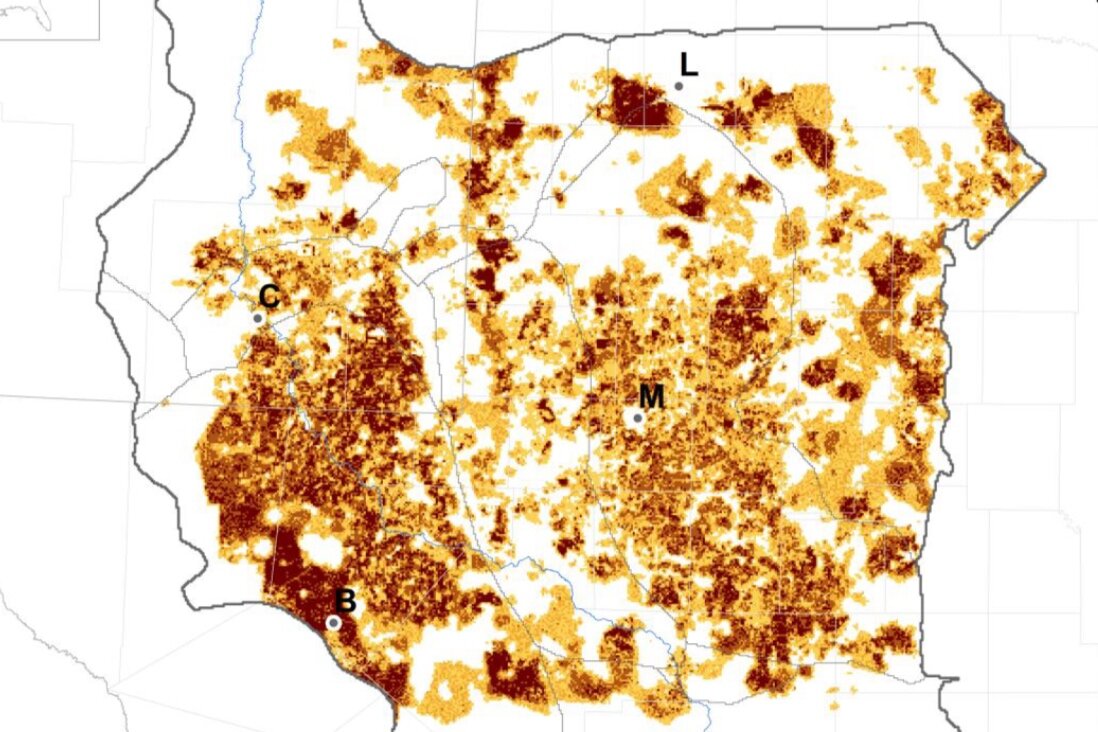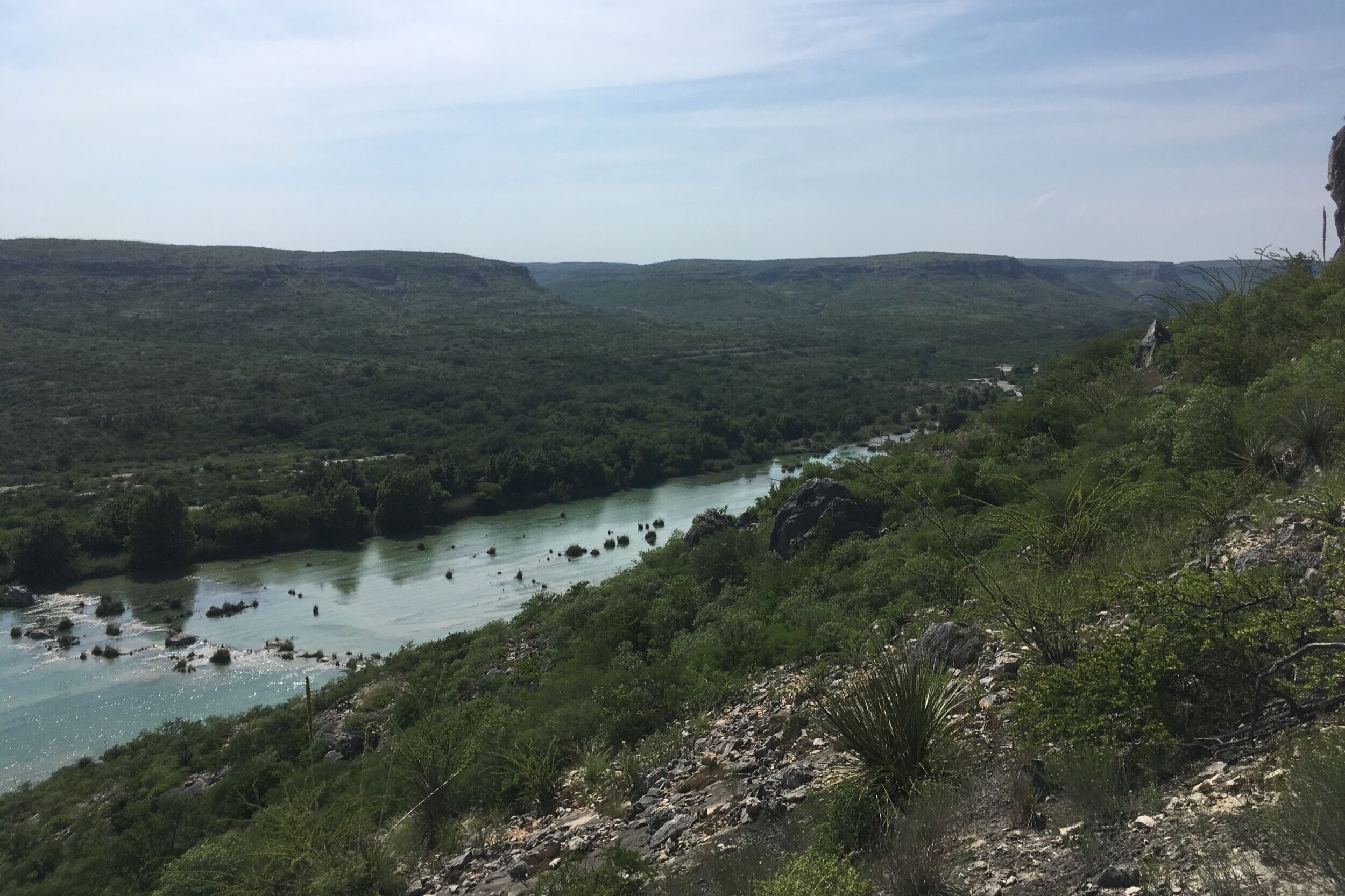
NEWS & INFORMATION

Projected Landscape Impacts from Oil and Gas Development Scenarios in Permian Basin, USA
Projecting landscape impacts from energy development is essential to land management decisions. The authors forecast landscape alteration resulting from oil and gas well-pad construction across Permian Basin by projecting current landscape trends through 2050.

U.S. Imperiled Species are Most Vulnerable to Habitat Loss on Private Lands
These results of this study underscore the importance of federal lands in protecting habitat for imperiled species and highlight the need to improve habitat protection on private lands for long‐term conservation.

Sustainable Development Must Account for Pandemic Risk
The United Nations (UN) launched the 2030 Agenda for Sustainable Development to address an ongoing crisis: human pressure leading to unprecedented environmental degradation, climatic change, social inequality and other negative planet-wide consequences. This crisis stems from a dramatic increase in human appropriation of natural resources to keep pace with rapid population growth, dietary shifts toward higher consumption of animal products and higher demand for energy. There is an increased recognition that Sustainable Development Goals (SDGs) are linked to one another, and priorities such as food production, biodiversity conservation and climate change mitigation cannot be considered in isolation.

Wind Farms Invade Remote Devils River
Turbines bring clean energy, but they’ve fundamentally changed people’s view of this pristine corner of West Texas.

A Sneak Preview of “The Long Game”
The producers of The Rational Middle of Energy, in collaboration with the Cynthia and George Mitchell Foundation, will introduce “The Long Game,” a short-documentary series that addresses energy development's impact in the greater Big Bend region of far West Texas, and what is being done to minimize impact to landowners and communities and conserve this unique area's natural resources.

Addressing the Interconnected Issues of Energy Sprawl
In a so-called post-truth era, we are actually collecting more data on a wider variety of factors than ever before. These data sources can—and should—help us to make better decisions on a range of comprehensive issues.

Conserving the Last Frontier: The Case for the Trans-Pecos
If Texas were a sovereign country, it would rank as the tenth largest economy in the world, with a GDP of $1.7 trillion. Texas also ranks highest among states in the United States for business. In fact, Texas has added 350,000 jobs in the past year (one in seven new jobs in the U.S. were in Texas). Texas’ strong economy is married to the current energy boom in Texas. Major oil and gas formations in Texas include the Barnett, Eagle Ford, Haynesville, and Permian Basin. The Permian Basin alone is projected to exceed Saudi Arabia in production by 2023.

Native Plant Restoration: A Bridge to a Sustainable Future in the Trans-Pecos?
Restoration of native plants and habitat in tandem with energy sprawl could be a bridge to a better future for residents, communities, and the general landscape of the greater Big Bend region of the Trans-Pecos area of West Texas.

Actionable Solutions for a New West Texas
The Nature Conservancy states that the largest loss of open space is now caused by energy sprawl—the amount of land resources developed for the production of energy from both fossil and renewable resources and all of the associated infrastructure. Nowhere is this phenomenon more apparent than the Big Bend or Trans-Pecos region of West Texas.

Ian Duncan on Environmental Impact of Fracking
A geologist’s perspective on the environmental impact of fracking. Does it affect water quality? Does it cause earthquakes?

